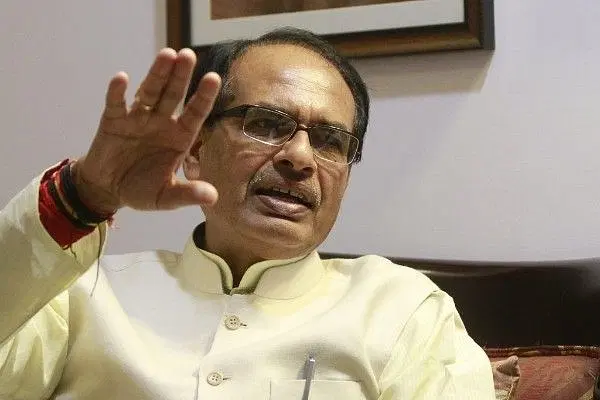Madhya Pradesh, a state in central India, is gearing up for what promises to be a high-stakes battle in the upcoming Assembly elections. Scheduled to take place on November 17, 2023, with results declared on December 3, this electoral contest will be closely watched as the political landscape in the state is poised for change.
The main contenders for power in Madhya Pradesh remain the ruling Bharatiya Janata Party (BJP) and the opposition Indian National Congress. However, other political outfits, such as the Aam Aadmi Party (AAP) and the Bahujan Samaj Party (BSP), are seeking to make their presence felt in pockets where they have influence.
To understand the significance of this election, it’s essential to revisit the state’s recent political history. In the 2018 Assembly elections, the Congress, under the leadership of Kamal Nath, managed to form the government. This marked a significant shift in power, as the state had been under BJP rule for nearly four consecutive terms. However, the Congress government’s tenure was short-lived, as it collapsed in March 2020 following the exit of Jyotiraditya Scindia, who switched allegiances to the BJP. The BJP then returned to power after just 15 months in opposition.
The BJP, under the leadership of Chief Minister Shivraj Singh Chouhan, faces the challenge of overcoming anti-incumbency that has built up over the years. Chouhan has been a dominant figure in Madhya Pradesh politics, serving four terms as Chief Minister. To counter this anti-incumbency sentiment, the BJP has adopted a change in strategy by fielding three Union ministers and four Members of Parliament in the state. This move is seen as an attempt to divert attention from Chouhan and bolster the party’s chances.
One of the key issues that the Congress is likely to capitalize on in this election is alleged corruption during BJP rule. The opposition party has accused the BJP government of rampant corruption, claiming that “50 percent commission” has been involved in various schemes. Additionally, the Congress has highlighted over 250 major scams that allegedly occurred during the 18 years of BJP rule, with the Vyapam recruitment and admission scandal topping the list. Corruption charges are expected to be a significant part of the Congress’s election campaign.
Another factor in the elections is the fallout from Project Cheetah, a conservation program aimed at reintroducing cheetahs to India. The deaths of six cheetahs and three cubs in Kuno National Park in Madhya Pradesh have raised questions about the project’s effectiveness and management. This issue has gained attention, and political parties may use it to sway voters.
Caste-based atrocities, particularly those against women, Dalits, and indigenous communities, have also been a concern in Madhya Pradesh. Rising crime rates and incidents of violence have put a spotlight on law and order issues in the state. One particularly shocking incident involved a person urinating on a tribal man in Sidhi district, leading to widespread outrage. Chief Minister Chouhan attempted to control the damage by washing the tribal man’s feet and offering an apology. These incidents are expected to factor into the electoral discourse.
Additionally, the question of leadership remains prominent in this election. While the Congress has firmly declared Kamal Nath as its Chief Ministerial face, the BJP has been less clear on the matter. Despite Chouhan’s enduring popularity among state leaders, the BJP has not officially designated him as its CM face. This ambiguity could influence voters’ decisions.
As the battle for Madhya Pradesh intensifies, voters will weigh these issues along with their own local concerns and preferences. The election’s outcome will determine the state’s political trajectory and could have implications at the national level as well. With political dynamics constantly evolving, Madhya Pradesh remains a crucial battleground in Indian politics.














